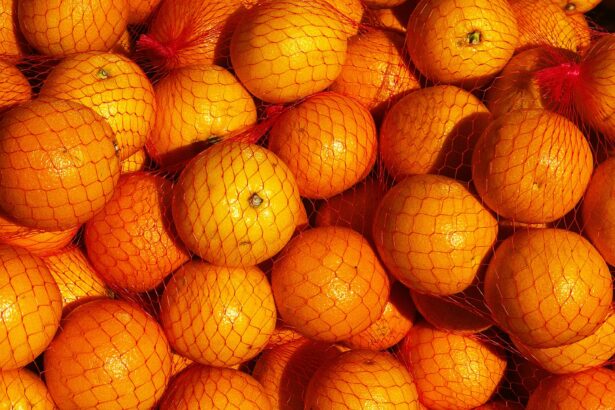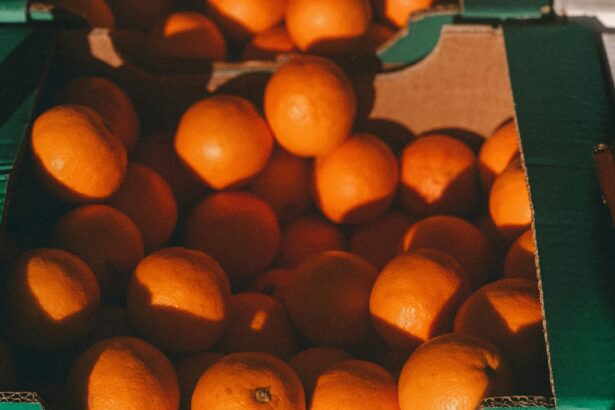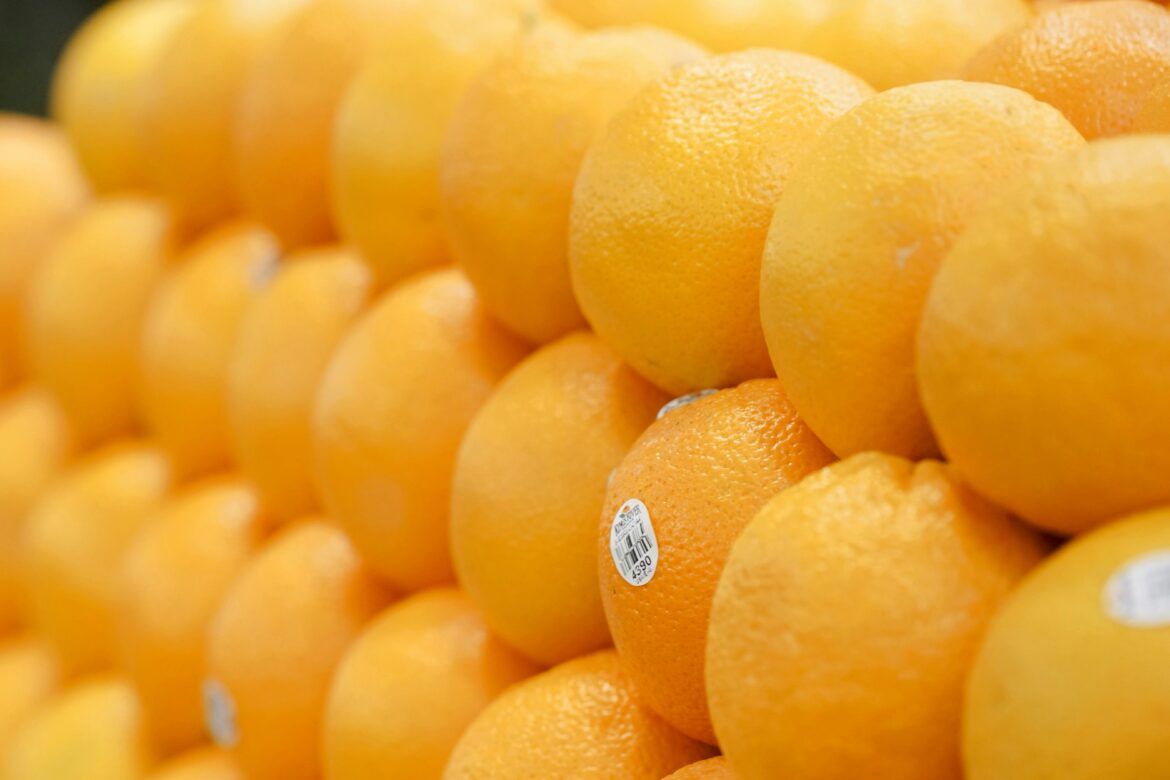The Peloponnese region of Greece is renowned for its fertile soil, mild winters, and abundant sunshine — ideal conditions for cultivating high-quality citrus fruits. Among its most prized exports are oranges, particularly the varieties Navelines, Navel, Saloustianes, Lanelate, and Valencia. Each type offers distinct advantages: Navelines and Navel oranges are early-season favorites, known for their seedless flesh and rich aroma; Saloustianes are highly appreciated for their juiciness and balanced acidity; Lanelate extends the season with its late harvest and excellent shelf life; and Valencia, a globally recognized variety, is prized for its versatility and superior juice yield. These varieties are carefully harvested and packed to meet European standards, ensuring freshness and flavor from grove to destination
Export
Exporting Peloponnesian oranges to European markets involves a tightly coordinated supply chain, from certified local growers to temperature-controlled logistics. Our partnerships with trusted producers in Argolida and Lakonia guarantee consistent quality and traceability. Whether destined for retail shelves, juice processors, or wholesale distributors, our citrus exports are backed by rigorous quality control and phytosanitary compliance. With growing demand for Mediterranean produce across Europe, Peloponnese oranges — especially these premium varieties — offer a compelling combination of taste, reliability, and origin authenticity.
The oranges from the Peloponnese are simply unmatched — vibrant color, rich aroma, and a sweetness that speaks of sun-soaked groves and traditional care. Our customers consistently praise the freshness and flavor, especially the Navel and Saloustianes varieties. Working with Greek suppliers has elevated our citrus offering, and we proudly source from the Peloponnese for quality we can trust.
— European Produce Distributor, Germany
Our Solutions
Bulk orange packing is a critical step in the export process, ensuring that fruit reaches international markets in optimal condition. In the Peloponnese, oranges are sorted by variety, size, and quality before being packed in standardized cartons, bins or nets — often ranging from 1 kg to 15 kg, depending on buyer specifications. Packing facilities follow strict hygiene protocols and use automated grading systems to minimize handling and preserve freshness.
For varieties like Navelines, Saloustianes, and Valencia, special care is taken to maintain skin integrity and reduce bruising during transport. Temperature-controlled storage and labeling with traceability codes complete the process, guaranteeing compliance with European import standards and smooth logistics from grove to destination.
- Variety-Specific Handling: Different orange types (e.g. Navelines, Saloustianes, Valencia) require tailored packing to preserve skin integrity and shelf life.
- Size Grading: Oranges are sorted by calibrated sizes to meet buyer specifications and ensure uniform presentation.
- Packaging Materials: Use sturdy, food-grade cartons or crates (typically 8–15 kg) that protect fruit during transport and stacking.
- Ventilation & Moisture Control: Boxes must allow airflow to prevent condensation and mold, especially during long-haul shipments.
- Labeling & Traceability: Each unit should include origin, variety, harvest date, and batch codes to comply with EU regulations.
- Temperature Management: Cold storage before dispatch and refrigerated transport help maintain freshness and reduce spoilage.
- Automation & Efficiency: Modern facilities use automated sorting and packing lines to reduce handling and improve consistency.
Packing

Net Packing
Net packing is a popular and practical method for presenting oranges in retail-ready formats, especially for consumer markets across Europe. Typically arranged in 1 kg to 3 kg mesh bags, oranges are sorted by size and variety — such as Navelines, Saloustianes, or Valencia — and packed to ensure visibility, ventilation, and easy handling. The breathable netting helps maintain freshness while showcasing the fruit’s vibrant color and quality, making it ideal for supermarket shelves and direct-to-consumer sales. Each pack includes a label with origin, variety, and traceability codes, meeting EU standards and enhancing brand recognition for Peloponnesian citrus.

Carton Box Packing
Carton box packing is the preferred method for bulk orange exports, offering durability, stackability, and protection during transport. In Peloponnese packing facilities, oranges are carefully graded by size and variety — such as Navelines, Saloustianes, and Valencia — before being placed in corrugated cardboard boxes, typically ranging from 8 kg to 15 kg. These boxes are designed with ventilation holes to maintain airflow and reduce moisture buildup, preserving fruit freshness throughout the supply chain. Each carton is labeled with essential traceability information, including origin, harvest date, and variety, ensuring compliance with European import standards and facilitating smooth logistics from grove to destination.

